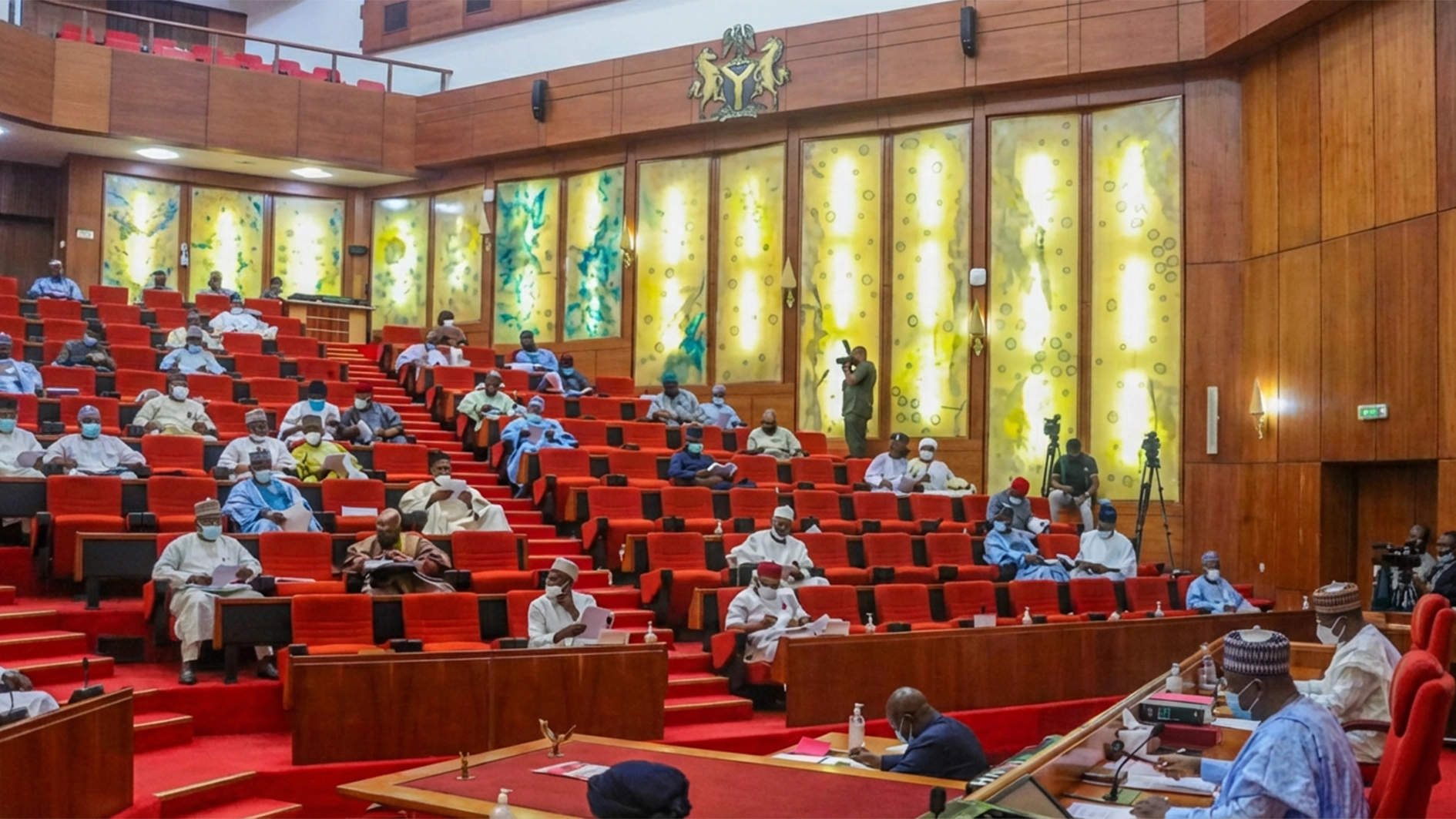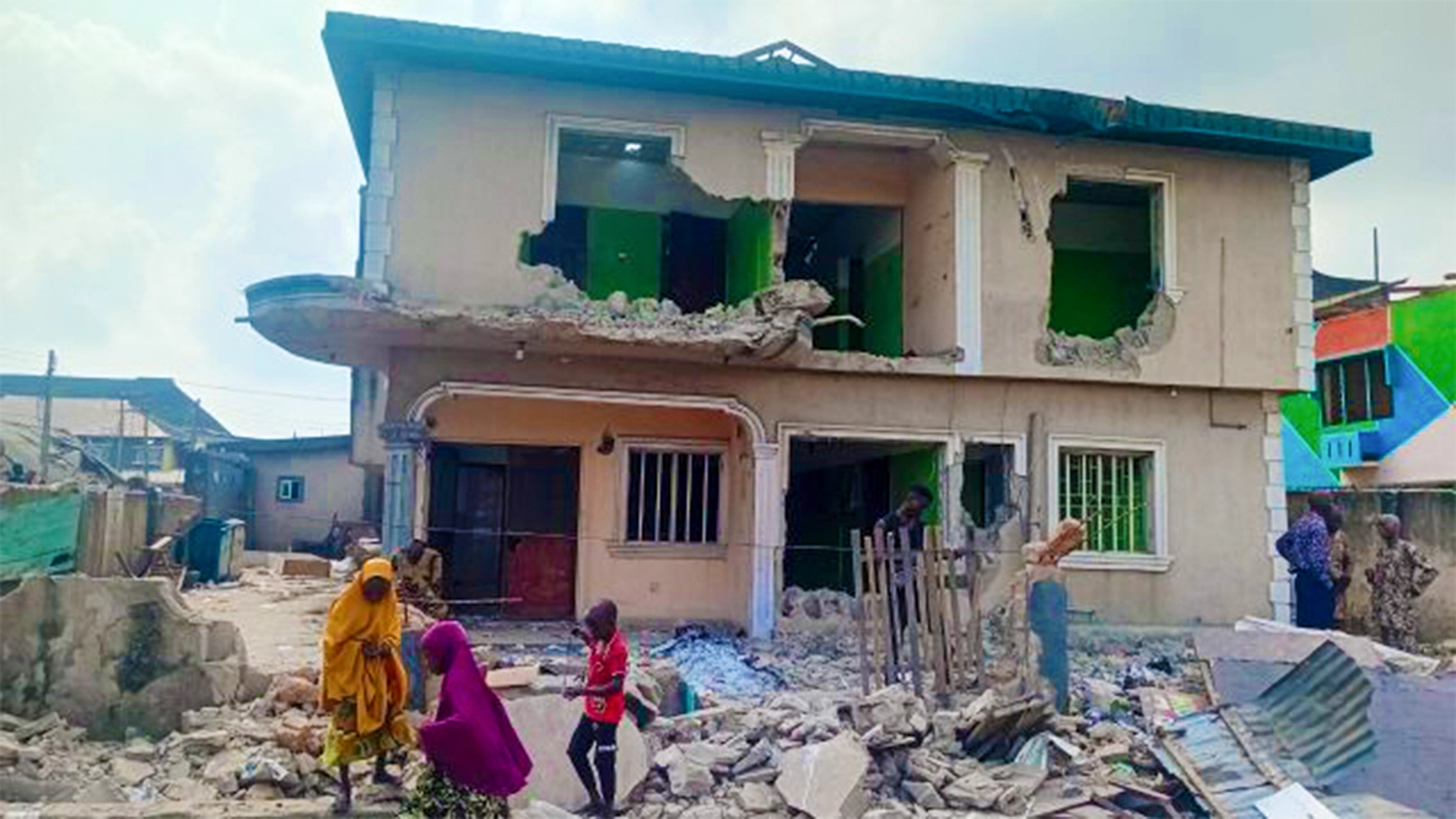When former Vice President Atiku Abubakar stepped into Jalingo on Tuesday, the city buzzed with a different kind of political energy, one that hinted at a man preparing to redraw the map of his long political journey.
The occasion was the commissioning of the African Democratic Congress (ADC) state secretariat, but the atmosphere carried the weight of something far more symbolic: Atiku repositioning himself under a new banner.
Supporters from Adamawa, Bauchi, and Kano, among other states, trailed behind him as he arrived, their presence reinforcing the idea that this was not just a routine stopover. For many in the crowd, Atiku’s appearance in Taraba felt like the opening chapter of a new political script, one in which the former PDP presidential candidate signalled a shift away from familiar terrain.
For years, Atiku has remained a towering figure within the Peoples Democratic Party (PDP), contesting for the presidency multiple times. But in Jalingo, his loyalty appeared to stretch toward a different political family. While he did not explicitly renounce the PDP, his endorsement of the ADC as the “only platform” capable of rescuing Nigerians spoke volumes.
His voice carried a mix of urgency and frustration as he criticised the ruling All Progressives Congress (APC). According to him, the current administration has deepened economic hardship and insecurity.
“It is unfortunate that the present government deceived you and plunged the country into lack of peace, hunger, poverty, and joblessness,” he told the crowd, painting a picture of a nation struggling to find its footing.
The ADC, he argued, is the vehicle for a national reset, a party capable of breaking Nigeria out of its political and economic quagmire.
Beyond his critique of the government, Atiku’s message took on a practical tone. He urged supporters and eligible voters to secure their Permanent Voter Cards (PVCs), noting that no amount of political enthusiasm would matter in 2027 if people were not prepared to cast their ballots.
“Without your voter cards, your determination to change leadership in 2027 will be in vain,” he warned, reminding listeners that meaningful political change begins with civic responsibility.
His words resonated with many who have grown disillusioned with the political status quo, yet remain eager for a candidate and a party that can inspire hope.
At the event, Atiku’s vision found enthusiastic endorsement from Taraba’s ADC chairman, Hassan Adamu. To him, the 2027 elections offer an opportunity for a sweeping political transformation.
“In 2027, a new government will be formed, and we will deliver Taraba to ADC and Atiku,” Adamu declared, his confidence echoing through the hall.
The day’s activities also included the inauguration of the state transition committee, chaired by Senator Abubakar Tutare with Barrister Haruna Kwetishe as secretary, another signal that the ADC is not merely rallying supporters but building its internal structures ahead of the next electoral cycle.
Whether Atiku’s embrace of the ADC represents a long-term political shift or a strategic alliance remains to be seen.
Yet one thing is clear: amid Nigeria’s growing economic pain and political fatigue, there is a widening appetite for alternatives. Atiku’s message tapped into that sentiment, positioning the ADC as a fresh platform for national revival.
For now, Jalingo, the state capital, has become the backdrop for what may be the start of Atiku’s newest political chapter, one where he attempts to reintroduce himself not just as a veteran statesman, but as the face of a new political rescue mission.
Whether the ADC can carry that mission beyond enthusiastic crowds and party declarations will be the true test as 2027 draws closer.






